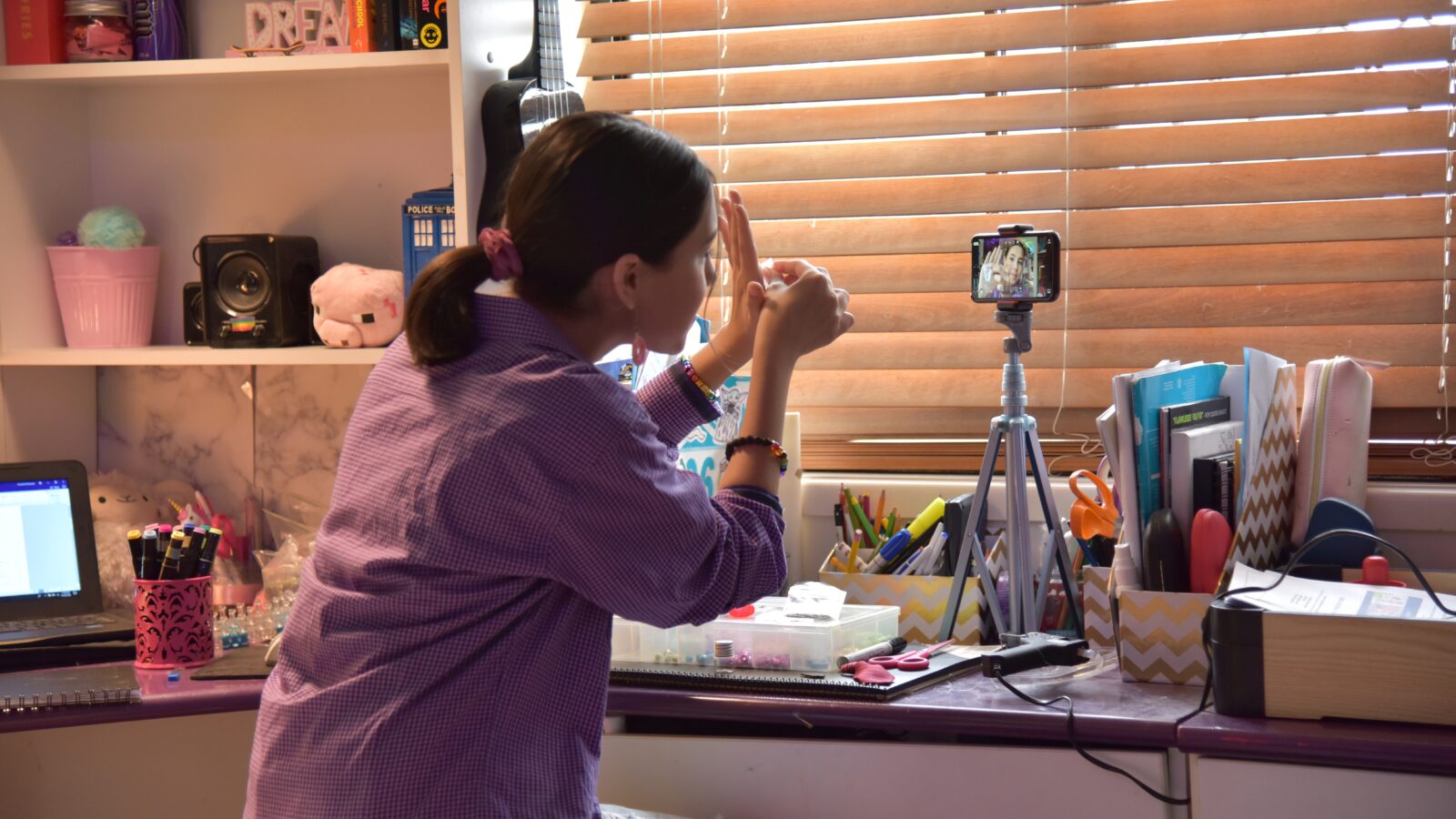Key Points
- There are many reasons a child might lose interest in school.
- Sometimes a child may disengage from school if they are struggling with their learning.
- Difficulties with learning can happen for many reasons such as when a child misses a lot of school due to illness. These difficulties are usually temporary and can be overcome with the right support.
- Some disabilities can also impact on a child’s ability to learn. Disabilities are diagnosed by a range of specialists.
- There are many things schools can do to understand individual strengths and learning needs to help children who are having difficulties with learning.
- If your child is losing interest at school, please talk to the school and to your general practitioner (GP) so together you can work out what is going on for your child and get the right help.
- All children learn differently, but with the right support, all children can succeed.
Every child’s experience at school is unique and disengagement from school can start at different ages and can be displayed in many different ways. Having trouble with learning is just one reason why a child might become disengaged at school.
Difficulties with learning, or just learning?
Every child’s learning journey is a little bit different. We all have natural strengths and areas that we need to work a little harder on, and this is true at school as well.
Sometimes young people can take a little longer to develop particular skills or knowledge than their peers – that isn’t necessarily a sign of difficulties with learning. It may be developmental, or there may be a skill or learning gap they need to fill, and they very likely have the capability to learn and fill that gap with support, building on the student’s current skills and understanding using a range of teaching and learning methods. This is a natural and every day part of learning, but it can be a difficult and emotional time for young people as they learn not to compare themselves to others.
Difficulties with learning refers to those instances where even with support, the young person is struggling to develop the skills and knowledge necessary to progress at school. Schools continue to adjust the learning environment for these students, to ensure they are achieving and engaging as fully as possible.
Why do children have difficulties with learning?
A child may have some challenges at some point in their learning in a range of areas such as reading, spelling, writing and maths and when performing a range of activities such as handwriting, cutting, sport and daily care activities.
Difficulties with learning may occur:
- after frequent or long absences from school or if the child has temporary emotional difficulties or problems in their home life
- if the child has a disability that impacts on learning. This is sometimes connected with the differences in how the child’s brain works and is generally not a reflection on the child’s effort.
Some difficulties with learning can be temporary and, with the right support, can be overcome.
Some disabilities that may impact on learning in different ways include: specific learning disabilities such as Dyslexia and Dyscalculia; Autism Spectrum Disorder; Attention Deficit Hyperactivity Disorder; Intellectual Disability; and social and emotional disabilities.
Disabilities are assessed and diagnosed by professionals. Speak to your GP and to your child’s teacher and let them know any concerns you have about your child’s learning.
If your child has a disability that is impacting on their learning, ongoing intervention and reasonable adjustments may be required to support your child’s learning.
Sometimes your child’s teacher may notice that your child is having difficulties with their learning and will talk to you about it. Ask questions and share information that might help your child’s teacher understand what is going on for your child.
It’s important to seek help from your child’s school and also from your GP so together you can work out what is going on for your child and get them the right help so they can engage in their learning and make the most of their time at school.
How schools can help?
There are many things schools can do to help children who are having difficulties with learning:
- tailored strategies can be provided to support students who are having difficulties with learning
- reasonable adjustments are made to support students with disability.
Tailored strategies or reasonable adjustments are made to help students who are having difficulties with learning, to attend school, learn, participate in school activities, and support their wellbeing while at school. These can be made in the classroom, in the playground, to the school environment or when students are participating in special events such as sports days, excursions or camps.
Just as every child is different, tailored strategies or reasonable adjustments will differ depending on the needs of each child. It’s important to work with your child’s school so together you can make sure your child gets the help they need to help them learn.
Your child’s school may request support from a departmental specialist to assist them to identify and make reasonable adjustments for your child. You can also arrange to see a specialist privately but you will need to pay to access this service.
More information about supports for students with disability at school can be found on the Students with disability website.
What does a reasonable adjustment look like?
Here are some examples of the kinds of reasonable adjustments a school can make to support a child’s learning:
- allowing a student with anxiety to present their project to a small group rather than to the whole class
- teaching in a different way, for example, using diagrams and charts
- allowing a student who has difficulties with writing to provide an oral presentation instead of a written report
- using different resources and materials such as larger print or Braille
- providing extra time to complete tasks
- providing a quiet area for students to support their sensory issues or emotional regulation
- involving a teacher aide to support the classroom teacher at some times.
These podcasts on the Nationally Consistent Collection of Data on School Students with Disability (NCCD) website outline adjustments that could be made to respond to a range of disabilities.
It’s also important to remember that in Australia, schools are required (the Disability Standards for Education 2005) to make reasonable adjustments for students with disability to enable them to participate in education on the same basis as students without disability.
There is help at hand
You are not alone. There are many people who can help you if your child is disengaging from school as a result of difficulties with learning. Please speak to your GP and your child’s school and let them know your concerns. Every child, no matter what their personal circumstances, is entitled to access a high-quality education and to enjoy the many opportunities school can offer.
More information
- Queensland Department of Education: P-12 Curriculum, Assessment and Reporting Framework
- Queensland Department of Education: Students with disability
- Autism Hub
- Reading and Writing Centre
- Community Resource Unit
- NCCD: Disability Standards for Education 2005
Last Updated: 22 February 2024





